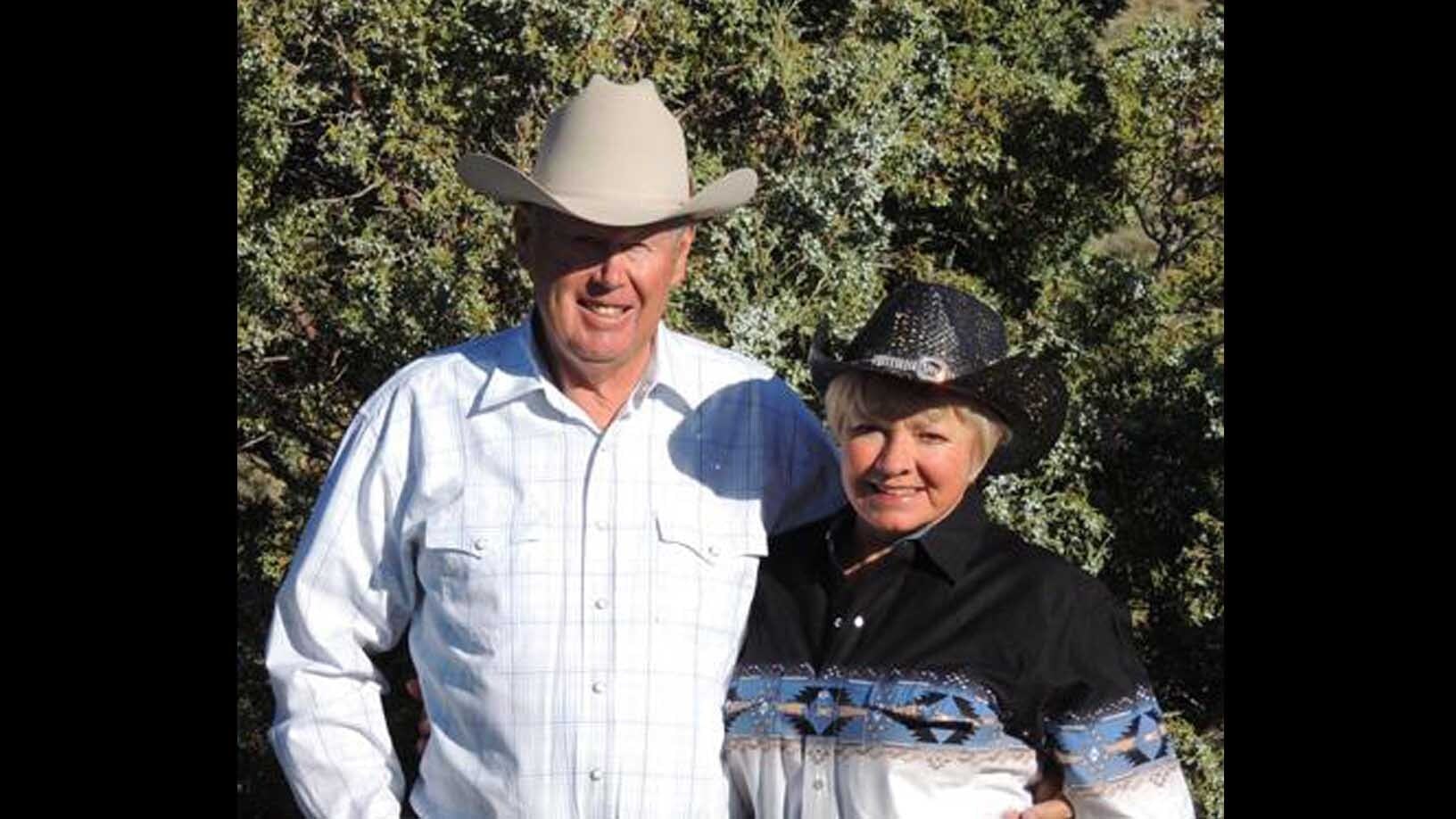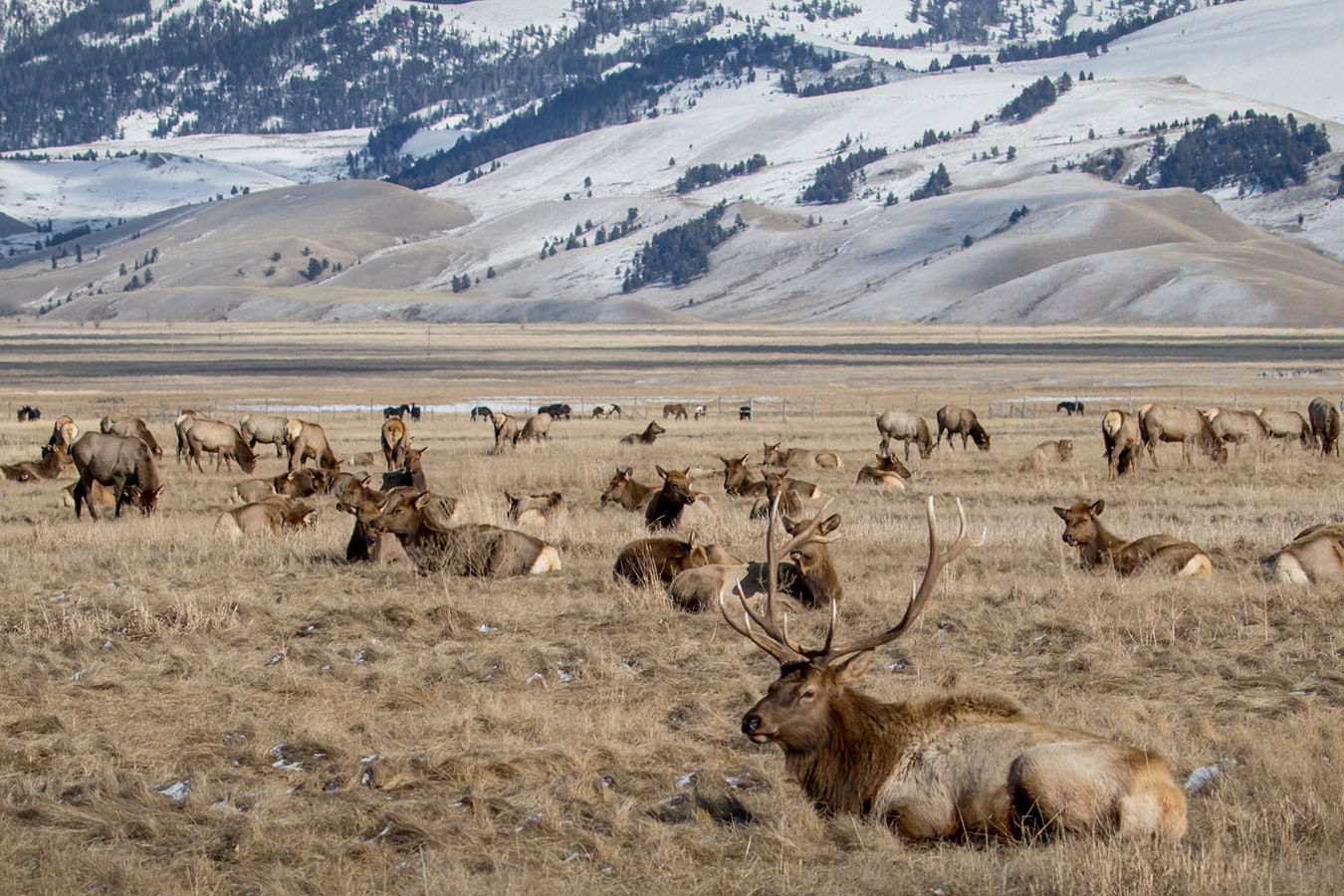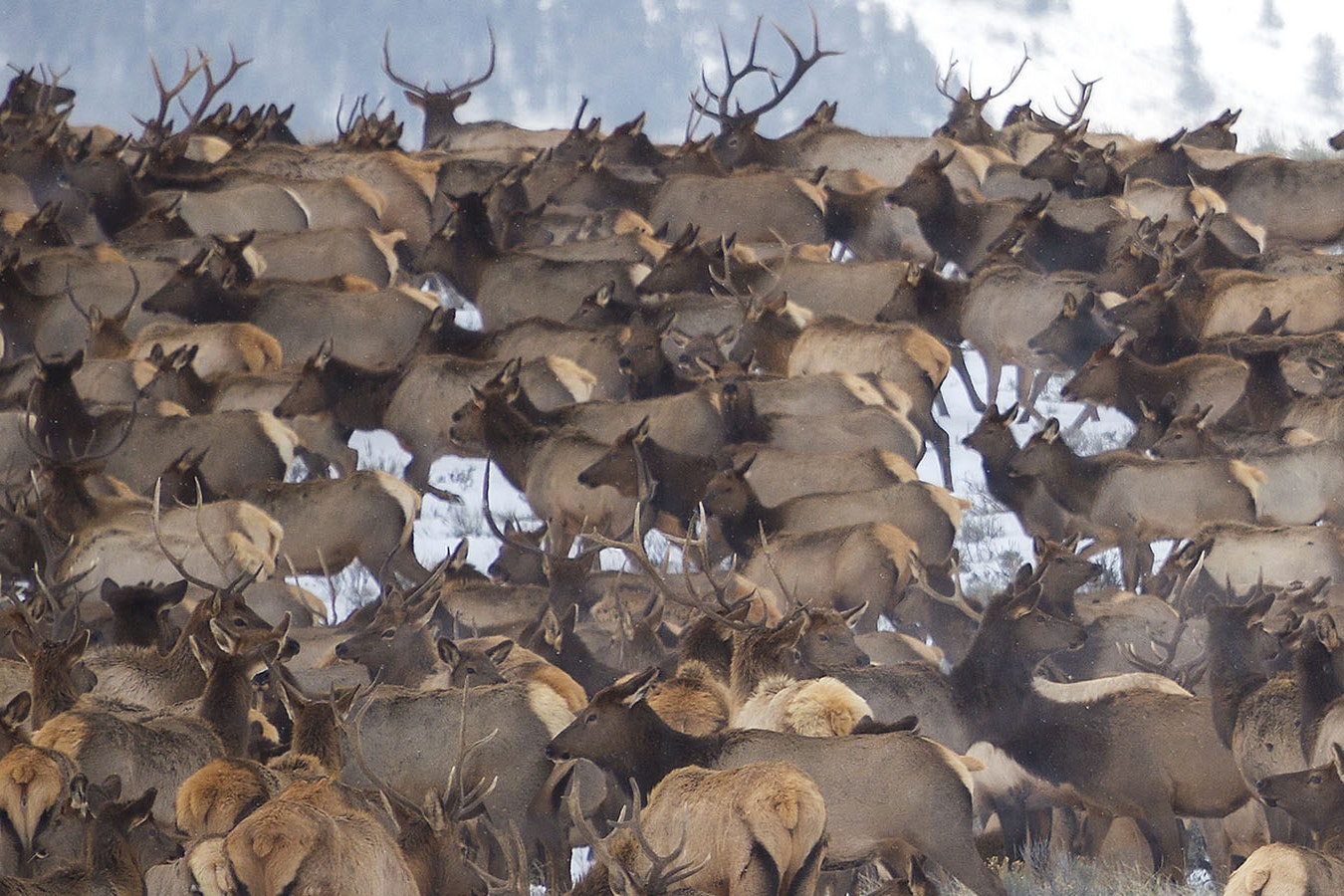The two Carbon County residents who first reported what would become the Mullen Fire in the Medicine Bow National Forest believe more should have been done to fight it in its early stages.
Helicopters were dispatched to drop water on the fire in the Savage Run Wilderness within an hour of it being reported on Sept. 17, according to a Medicine Bow spokesman.
But Ron and Mayvon Platt, who live on a ranch south of Encampment, said they believe the fire could have been attacked more aggressively, preventing it from doing significant damage and spreading to more than 170,000 acres.
Ron Platt, who spotted smoke from the fire while guiding a hunting party, said he encountered firefighters near the A Bar A Ranch near Encampment who told him they had been prevented from entering the fire area because it was a wilderness area.
“That’s what irritated me,” he said. “The fire wasn’t much bigger than a house. The smoke hadn’t even gotten real high in the sky.”
But Forest Service spokesman Aaron Voos said the rules that usually restrict firefighting operations in wilderness areas have been relaxed this year to encourage the immediate suppression of fires, allowing immediate action to be taken and the helicopters to be dispatched within an hour.

“Policies change … from year to year based on the situation on the ground and the available resources that are out there,” he said. “This year, the message was loud and clear, we don’t want any fire at all on the landscape. There was zero tolerance for it.”
Usual policies for wilderness areas call for fires to be allowed to burn unless they threaten human safety or buildings.
But with the high fire activity around the country this year, those rules have been changed to allow aircraft to drop water and retardant on flames and for firefighters to use mechanized devices to battle fires.
Voos said the fuels inside the fire created a situation too dangerous for firefighters, so they were used instead to assess the fire and develop strategies for protection of nearby infrastructure such as the Rob Roy Reservoir, the Rambler subdivision and the A Bar A.
Mayvon Platt, who spotted the fire while returning home from a trip to Laramie, said she did not understand why some of the air tankers fighting the Cameron Peak fire in Colorado could not be diverted to drop retardant on the Mullen Fire.
“It was no bigger than a small house at the time it was spotted and with the aircraft so close fighting the Cameron (Peak) Fire (in Colorado), I wouldn’t think it would be that big an ordeal to come over and just put it out,” she said.
But Voos said the air tankers could not quickly be dispatched to Wyoming.
“When it got established in the wilderness area, we would have had to have heavy air tankers at our command at a moment’s notice to put load after load after load on it to stop it,” he said. “Those air resources were elsewhere. Those are not always available.”
Voos said the firefighters were successful in protecting major infrastructure in the face of gusting, shifting winds and high temperatures.
“When that thing got built up and in a matter of days came roaring out of there, we were extremely successful in getting out ahead of it and protecting the structures at risk,” he said. “We’ve got some really good folks and they were able to look out in front of this thing and they were able to say ‘This is where we are able to engage it, this is where we make this stand.’”
Ron Platt said even if the rules for fighting fires in wilderness areas have been relaxed, more thought needs to be given to the kind of activity needed to suppress a fire like the Mullen Fire.
“We need to get relaxed enough to allow common sense, particularly in years like this,” he said. “I’m not against wilderness. I want wilderness. Let’s just use some sense in taking care of it.”
He noted that wilderness rules have also prevented the clearing of dead timber that provides fuel for such fires.
Officials are still working to determine what caused the fire and Platt said he saw no signs of thunderstorms that often spark wildfires.
“There wasn’t a cloud or lightning or anything like that,” he said. “I was outdoors all day that day and I never saw or heard even the slightest hint of moisture or lightning.”





